In 1962, a woman searching for her brothers discovered the 12x12-foot burial in Royton Cemetery, where one was stillborn and the other died within five hours.According to councillors Maggie Hurley and Jade Hughes, who announced the finding in a statement, 146 of the bodies were stillborn newborns, with 128 babies and young children.Until the mid-1980s, stillborn babies were frequently removed from families without consultation with their parents, who had no idea where they were taken.
were denied the fundamental right to bury their babies, a right that should be inherent and unquestionable," the councillors said.
"This situation should stir our collective sense of fairness and empathy."
The woman's find left her "in tears", they added, and "feeling a profound sense of loss and injustice".
She needed emotional and practical help to cope with the trauma of her discovery, they said.
The councillors also said this grave is not the only one of its kind in Royton Cemetery, with another three of a similar size.
Of the 303 bodies found, they added there were only 147 names online, with 156 names missing - though they say this has been addressed.
Parents 'told to forget'
According to stillbirth and neonatal death charity Sands, parents of stillborn babies or those dying shortly after birth were not consulted about funeral arrangements.
"Before then, parents were not usually involved and many were not told what happened to their baby's body," the charity said, adding this changed midway through the 1980s.
"Some parents who have tried to trace the grave or cremation record of a baby who died some time ago have been successful."
In many cases, they added, stillborn babies were buried in a shared grave with other babies.
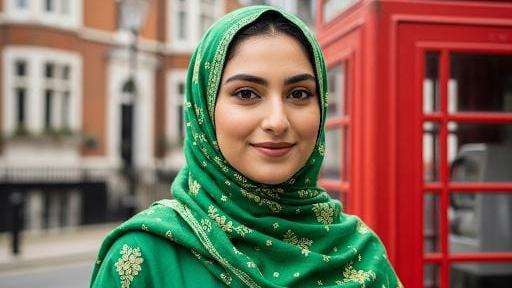
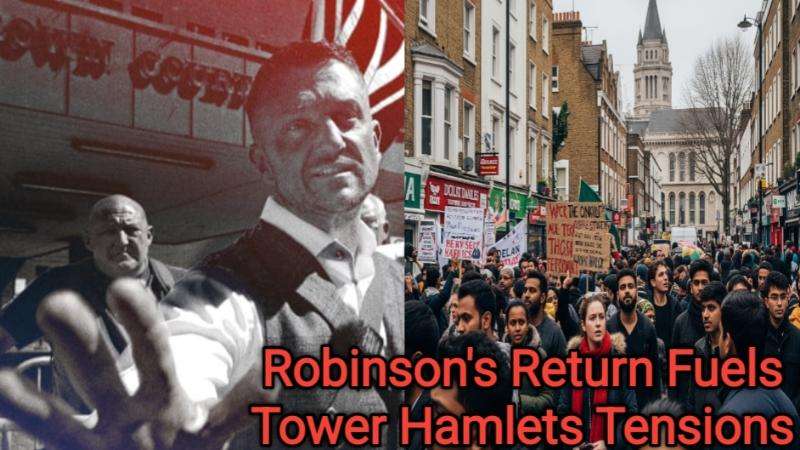
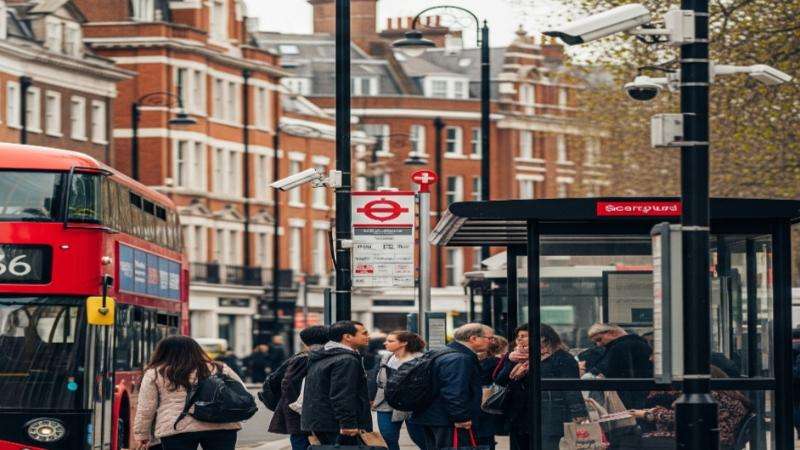
_4.jpg)
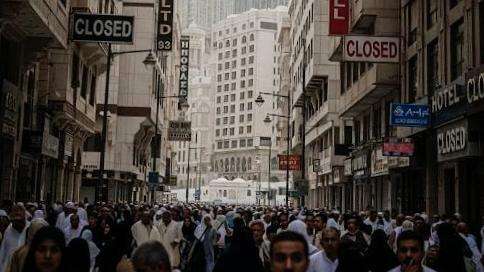


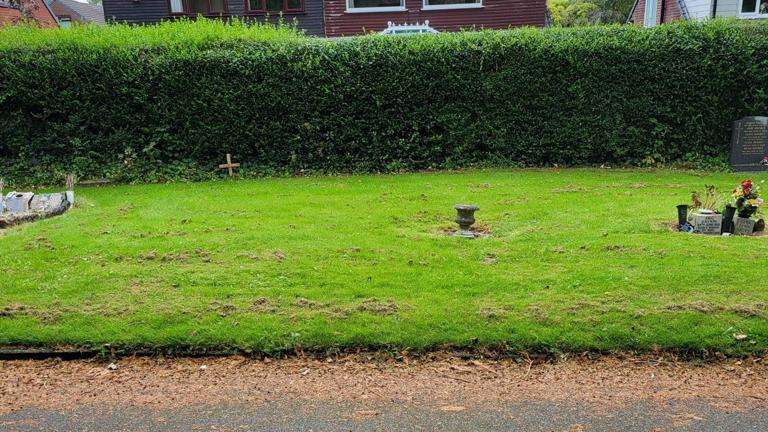
.svg)



_5.jpg)